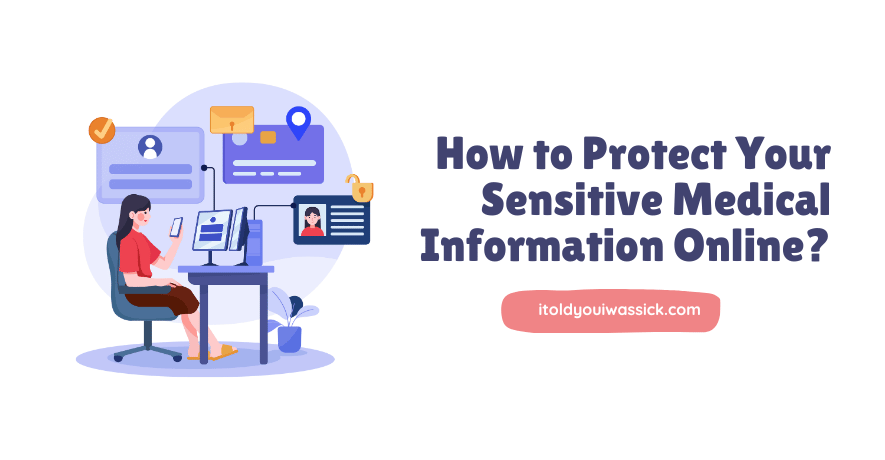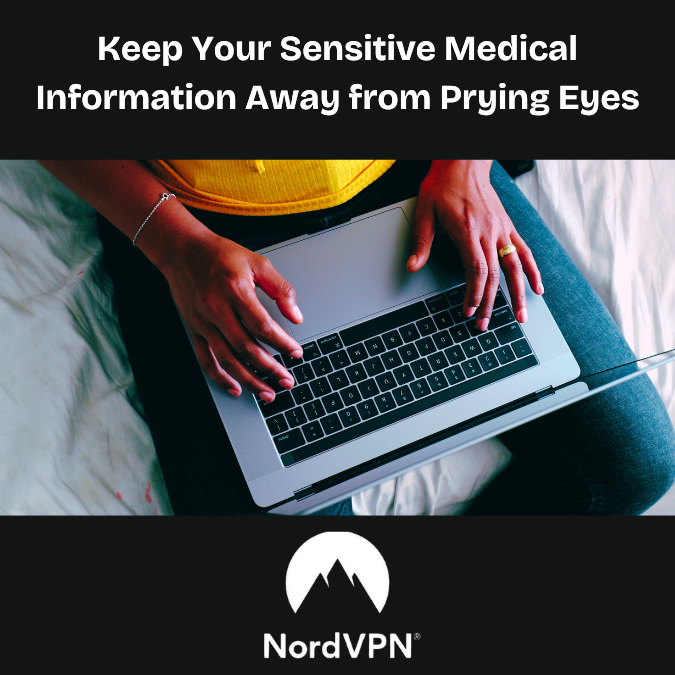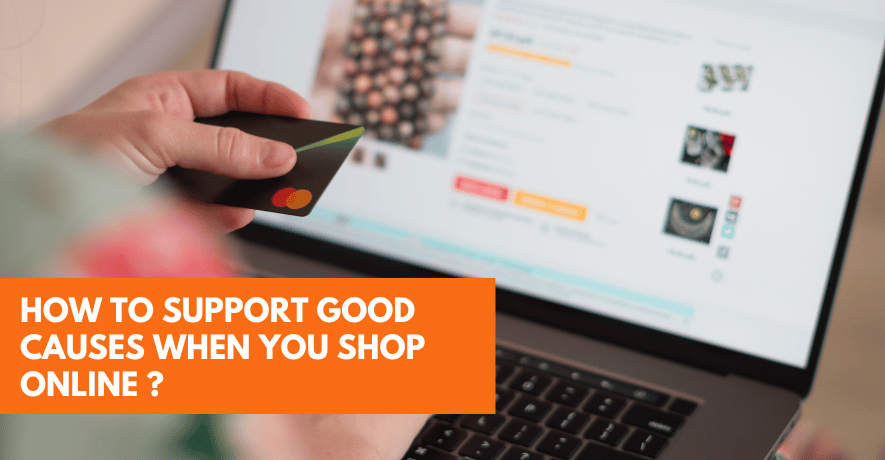
Protecting your health data in the digital age requires careful attention. Managing our health and medical information online has become routine. From scheduling doctor’s appointments to accessing lab results, the internet has made healthcare more accessible than ever. However, this convenience comes with certain risks, particularly when it comes to safeguarding sensitive medical information.
Here are some essential strategies to ensure your health data remains secure online.
- Use Strong, Unique Passwords
One of the simplest and most effective ways to protect your medical information is to use strong, unique passwords for your online accounts. Avoid easily guessable passwords, such as your birthdate or common words. Instead, choose a combination of uppercase and lowercase letters, numbers, and special characters. Additionally, ensure that you use different passwords for each of your accounts. This will help prevent a security breach from compromising multiple platforms.
- Enable Two-Factor Authentication (2FA)
One of the simplest and most effective ways to protect your medical information is to use strong, unique passwords for your online accounts. Avoid easily guessable passwords, such as your birthdate or common words. Instead, choose a combination of uppercase and lowercase letters, numbers, and special characters. Additionally, ensure that you use different passwords for each of your accounts. This will help prevent a security breach from compromising multiple platforms.
- Be Cautious with Email and Phishing Scams
Cybercriminals frequently use phishing scams to deceive individuals into disclosing personal information. Be cautious of unsolicited emails or messages requesting sensitive information, inviting you to click links, or prompting you to download attachments. Always verify the authenticity of the sender. If you’re unsure, contact the organization directly through official channels. Remember, legitimate companies will never ask for sensitive information via email.
The precision of these phishing campaigns has improved. There is now spear phishing that uses other personal information gleaned from your online use to make it appear as if they know you. Be mindful of the information you share online, especially on social media and public forums. Avoid sharing personal details such as your address, phone number, or medical conditions. Cybercriminals can use this information to guess your passwords or answer security questions.
- Regularly Update Your Software
Keeping your software up to date is essential for maintaining security. Software updates frequently include patches for vulnerabilities that cybercriminals may exploit. Ensure your operating system, browser, and healthcare applications are regularly updated to their latest versions. Enabling automatic updates can help you stay protected without remembering to check for updates manually.
- Monitor Your Health Accounts Regularly
Consistently monitoring your health accounts is crucial for detecting suspicious activity early on. Be sure to check for unauthorized access or changes to your information and report any discrepancies to your healthcare provider immediately. Many online health portals provide alert features that notify you of unusual activity, so enabling these notifications is a good idea.
Understanding the privacy policies of the online services you use is essential. Read these policies to learn how your data is used, stored, and shared. This knowledge will empower you to decide which services you trust with your sensitive information.
- Use a Virtual Private Network (VPN)
Public Wi-Fi networks are often less secure than private connections, making them prime targets for cybercriminals. Therefore, it is recommended that you avoid accessing sensitive information, such as medical records, over public Wi-Fi.
If you need to use a network that may not be secure, it is advisable to use a Virtual Private Network (VPN). A VPN encrypts your internet connection, making it more challenging for hackers to intercept your data. It protects your online activities by masking your IP address and routing your internet traffic through secure servers.
For those considering a reliable VPN service, NordVPN is an excellent choice. It offers strong security features, fast connections, and a user-friendly interface, making it a top option for safeguarding sensitive medical information.
Keep your health to yourself.
Protecting your sensitive medical information online requires both vigilance and the right tools. By following these strategies, you can significantly reduce the risk of data compromise. Investing in a reliable VPN service like NordVPN adds an extra layer of security, allowing you to navigate the digital healthcare landscape with peace of mind.
Stay informed, remain cautious, and safeguard your health data to enjoy the advantages of online healthcare without the associated risks.











11 Comments
This is scary…
I know. It really is
Great tips. My sister could use these
Your site is ass. I’m a webs designer. Can I improve it for you? Hire me, and you’ll get twice the ad revenue in a month!
“Your site is ass”. Is that how you REALLY sell your services? OMG! LOL!
Does this really work though? I don’t want to waist my money
I can’t attest to it personally, but it’s gotten excellent reviews
Dude, I was just thinking about adding them, but I use another privacy company. It works good so far but I may check this out
Hey, Thad. Which one do you have now?
Thank you so much for this helpful information! I always wondered if my medical information could be seen by anyone. Now I know for sure!
Diane
You’re very welcome, Diane